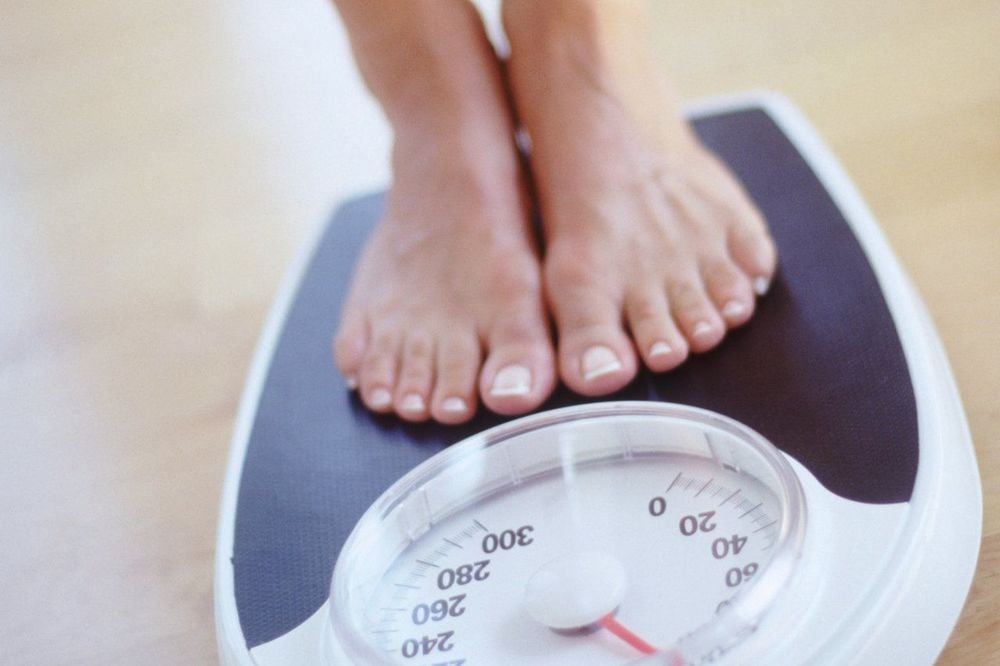This is an automatically translated article.
The article is professionally consulted by a doctor of Obstetrics and Gynecology, Central Park International General Hospital.Gestational diabetes can cause some very dangerous obstetric complications. Early detection and good management of gestational diabetes increase the ability to protect the health of mother and fetus. So what should be kept in mind when treating gestational diabetes? This issue will be clarified in the following article.
1. What is gestational diabetes?
When a woman is pregnant, the placenta in the uterus secretes hormones that support the development of the fetus. These hormones also block the action of insulin in the mother's body. In most pregnant women there will be increased insulin production to keep blood sugar in the normal range. However, when insulin is not produced in sufficient quantities and is reduced in action, in other words, glucose cannot leave the blood and enter cells for energy. This leads to a buildup of sugar in the blood to high levels causing gestational diabetes. This condition usually goes away after giving birth.Women at high risk for gestational diabetes include:
History of gestational diabetes in previous pregnancies. History of giving birth to a large baby >= 4 kg. Overweight, obesity. Late pregnancy > 35 years old. Polycystic ovary syndrome. There is a urinary tract. Family history of the same bloodline with many people with diabetes. Usually, pregnant women should be screened for gestational diabetes between 24 and 28 weeks of pregnancy. In high-risk women, gestational diabetes should be screened earlier for better blood sugar control.
See more: What is screening for gestational diabetes and when?
2. Things to note when treating gestational diabetes
After being diagnosed with gestational diabetes, 3 methods apply to all diabetics: Changing diet, exercising properly and finally medication.
2.1. Change your diet
70-85% of gestational diabetes patients can get their blood sugar levels back to normal with dietary changes without the need for medication.
11.5 to 16kg with pre-pregnancy BMI 18.5 - 24.9 kg/m2 35 - 45 % of total calories, divided into 3 small-medium meals and about 2-4 meals Snacks include evening meals. Prioritize the use of foods with low glycemic index (<56) or medium (56-69) such as lettuce, vegetables, carrots, tomatoes, mushrooms, spinach... Increase protein and Fat in food often has little effect on blood sugar after eating and contributes to reducing cravings for pregnant women. Avoid eating sugary sweets: Candy, ice cream, donuts, jelly jams, sweet sauces, carbonated drinks. Eat foods rich in protein but low in saturated fat: red meat, pork, chicken, fish, .. other protein-rich foods such as cheese, peanuts (peanuts),... Starchy foods: Choose whole grains over refined ones, and eat a small piece of fruit instead of a whole fruit. Avoid drinking fruit juice, if you drink it, mix it with water. Nutritional Supplements
Women with gestational diabetes should follow the same recommendations for vitamin and mineral intake as women without. In addition, folic acid should be supplemented with 5mg/day starting 3 months before stopping birth control methods, from 12 weeks, the dose of folic acid should be reduced to 0.4-1mg/day and continue until the baby is exhausted. suck.
Weight control
Need to follow the instructions of the endocrinologist and nutritionist. Do not gain weight too quickly and too much. Gain from 12.5 to 18 kg during pregnancy for women with pre-pregnancy BMI < 18.5 kg/m2 11.5 to 16 kg with pre-pregnancy BMI 18.5 - 24.9 kg/m2 7 to 11.5 kg with BMI before pregnancy from 25 - 29.9 kg/m2 5-9 kg with pre-pregnancy BMI > 30kg/m2

2.2. Exercise regime
Regular exercise allows your body to use glucose without the need for extra insulin. This helps fight insulin resistance, a condition that women with gestational diabetes experience.Blood glucose tends to increase after eating, women with gestational diabetes should take a light walk about 15-20 minutes after eating for 1 hour if there are no contraindications. Or choose exercises for the upper body depending on the condition of the pregnant woman.
However, any exercise program in women with gestational diabetes requires consultation with an endocrinologist and an obstetrician.
2.3. Use medicine
When you have applied the most reasonable diet and the most suitable exercises, but women with gestational diabetes still do not have good control of their blood sugar, you will be advised by your doctor to take medicine.In Vietnam, only insulin is the only drug that is allowed by the Ministry of Health to be used for people with gestational diabetes because the pills have not yet been proven to be completely safe and can cross the placenta into the body. maybe pregnant.
Patients should be instructed to test blood sugar 4-6 times/day at times before, after meals and before going to bed to ensure there are no dangerous complications such as hypoglycemia,... and to control Adjust your diet, exercise regimen, and insulin dosage.
Trắc nghiệm: Chỉ số tiểu đường thai kỳ nguy hiểm như thế nào đối với thai nhi?
Không chỉ ảnh hưởng xấu đến sức khỏe người mẹ, tiểu đường thai kỳ còn gây nguy hại đến sự phát triển của thai nhi. Cùng làm bài trắc nghiệm sau đây để hiểu rõ hơn về sự ảnh hưởng của tiểu đường thai kỳ đối với thai nhi như thế nào nhé!The following content is prepared under supervision of Bác sĩ chuyên khoa I, Lê Hồng Liên , Sản phụ khoa , Khoa Sản phụ khoa - Bệnh viện Đa khoa Quốc tế Vinmec Central Park
3. How do I know if I have gestational diabetes?
All pregnant women should be screened for gestational diabetes between 24 and 28 weeks of pregnancy. Women at high risk should be screened for diabetes earlier than usual.To diagnose if you have gestational diabetes, your doctor will use an “oral glucose tolerance test”. This test consists of 2 tests as follows:
1st test : You can drink 1 glass of sugar water within 5 minutes. Then sit and rest, 1 hour later you will have blood drawn on your finger to measure your blood sugar.
If the screening results show that your blood sugar is >140mg/dL, you will have a second test after a week.
2nd test: You will also get a glass of sugar water prescribed by your doctor. Your doctor will measure your blood sugar before drinking and at 1 hour, 2 hours after taking it. If in 2 results after drinking higher than normal, you are diagnosed with gestational diabetes.
Maternity package program at Vinmec International General Hospital helps customers complete the antenatal check-ups and necessary tests during pregnancy, including screening tests for gestational diabetes. Customers registered for Maternity Package are fully cared for and checked for health of mother and baby before birth - during childbirth and after birth, fully and conscientiously.
You have a need for advice and contact to register for an appointment. Please contact the hospitals and clinics of Vinmec Health system nationwide
Please dial HOTLINE for more information or register for an appointment HERE. Download MyVinmec app to make appointments faster and to manage your bookings easily.














